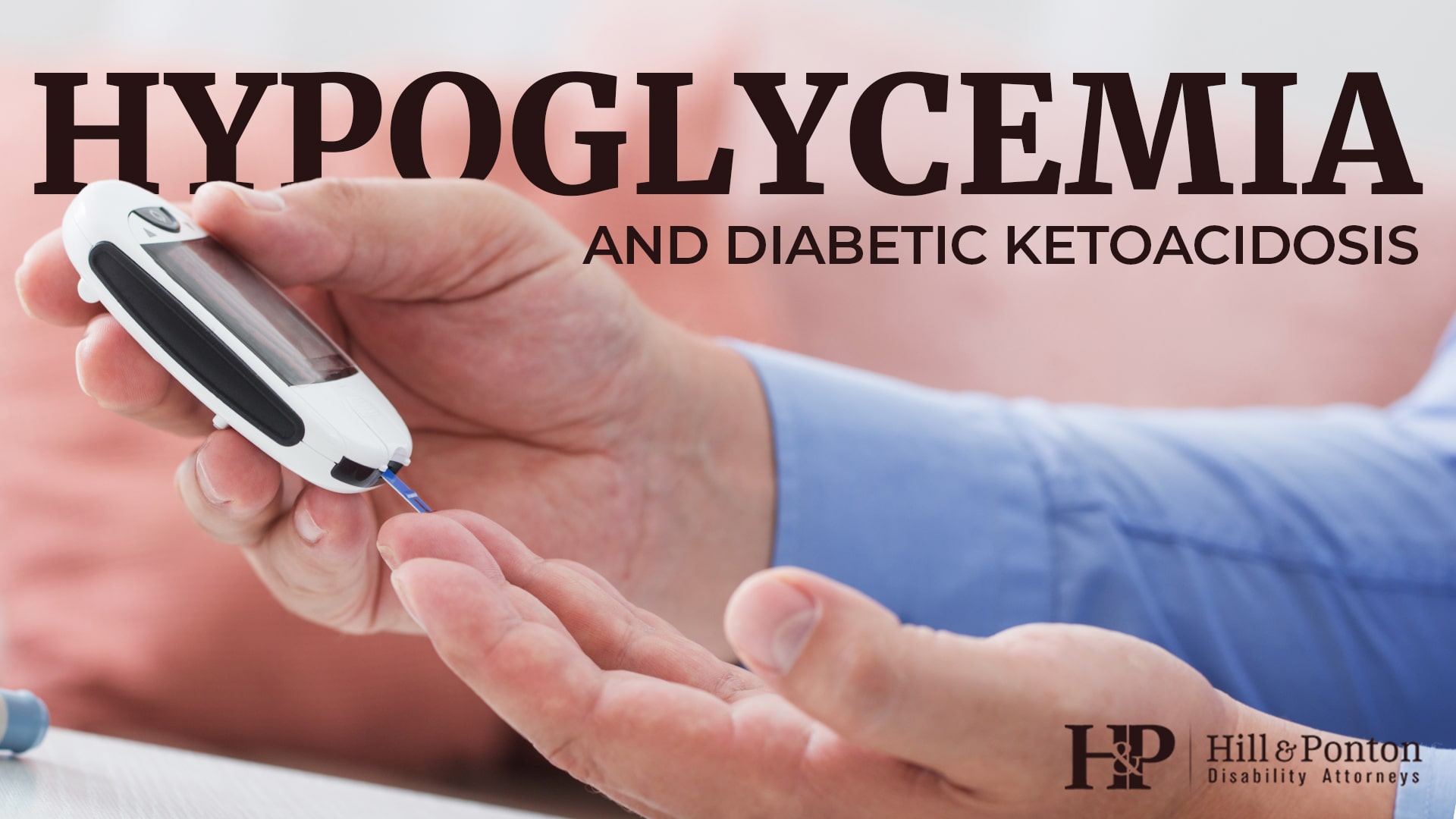Under the Agent Orange Act of 1991, veterans who were exposed to herbicides during service in Vietnam may be entitled to certain presumptive diseases. One of the diseases on the presumptive list is Type 2 Diabetes Mellitus.
Data from the 2014 National Diabetes Statistics Report shows that in 2012, 29.1 million Americans or 9.3% of the population has diabetes. That is an increase of nearly four million from 2010 when the estimate was 25.8 million. The highest concentration of diabetes is in our senior Americans age 65 and older at 11.8 million.
Diabetes Complications
Adults with diabetes have a 50% higher risk of death than adults without diabetes. Diabetics are also at a higher risk of developing serious health complications including blindness, kidney failure, heart disease, stroke, and loss of toes, feet, or legs.
These are sobering statistics. Aging Vietnam veterans that were diagnosed with diabetes mellitus are developing one or more complications or secondary conditions due to diabetes. The symptoms of diabetes include: excessive thirst, hunger, fatigue, weight loss, blurred vision, sores that won’t heal, tingling sensation in the hands or feet, and irritability.
How Common Are Hypoglycemic Attacks?
According to the American Diabetes Association, hypoglycemic attacks are on the rise in emergency rooms for adults 18 or older. Hypoglycemia is a condition where the blood glucose levels are too low. The most common cause for hypoglycemia is diabetes medication. This is because too much insulin or medication to reduce blood sugar may drop levels too far, causing hypoglycemia.
Another serious condition associated with diabetes is ketoacidosis. A high ketone level in the blood system indicates that your diabetes is out of control. When the body does not have enough insulin to use glucose for energy, it starts to burn down fat. The process of burning fat rather than glucose causes a chemical reaction that produces a waste product called ketones. These acids build up in the blood and urine. High levels of ketones in your body are poisonous and can lead to diabetic ketoacidosis and coma. Symptoms of ketoacidosis include excessive thirst, frequent urination, nausea and vomiting, abdominal pain, shortness of breath, fruity-scented breath, and confusion. Untreated ketoacidosis can be fatal.
How Is Diabetes Rated by the VA?
- Require more than one daily injection of insulin
- Have been placed on a restricted diet
- Have been medically instructed to restrict or regulate their daily activities, i.e. – avoid strenuous occupational and recreational activities
- Have episodes of ketoacidosis or hypoglycemic reactions requiring at least three hospitalizations per year or weekly visits to a diabetic care provider
- Either progressive loss of weight and strength or complications that would be compensable when evaluated separately. (When a veteran is receiving compensation for service-connected diabetes, any other related disease caused by diabetes may also be deemed service-connected on a secondary basis)
The criteria necessary to meet the 60% disability rating requires that the veteran be on insulin, restricted diet, and regulation of activities with episodes of ketoacidosis or hypoglycemic reactions requiring one or two hospitalizations per year or twice a month visits to a diabetic care provider. The rating criteria for a 40%, 20% or 10% impairment rating, is not as restrictive as the ones above. For the veteran to receive a 20% disability rating, they must be on either insulin or an oral hypoglycemic agent and a restricted diet.
Understanding the requirements for eligibility will assist you in determining whether the VA has evaluated and compensated your disability appropriately. It will also help you educate your physician as to the required documentation needed to help you with your claim.
In previous blogs, I discussed the link between diabetes and kidney disease and Alzheimer’s disease. In my next blog, I will discuss other co-morbid complications of diabetes, and how the VA evaluates them for the purpose of compensation.



